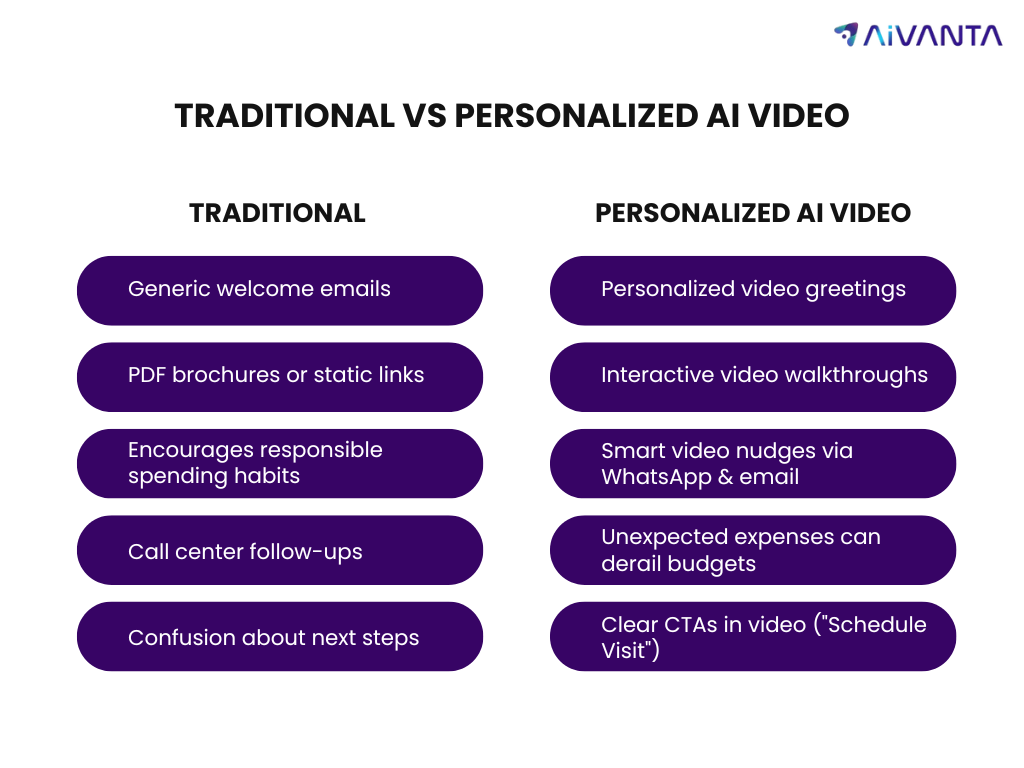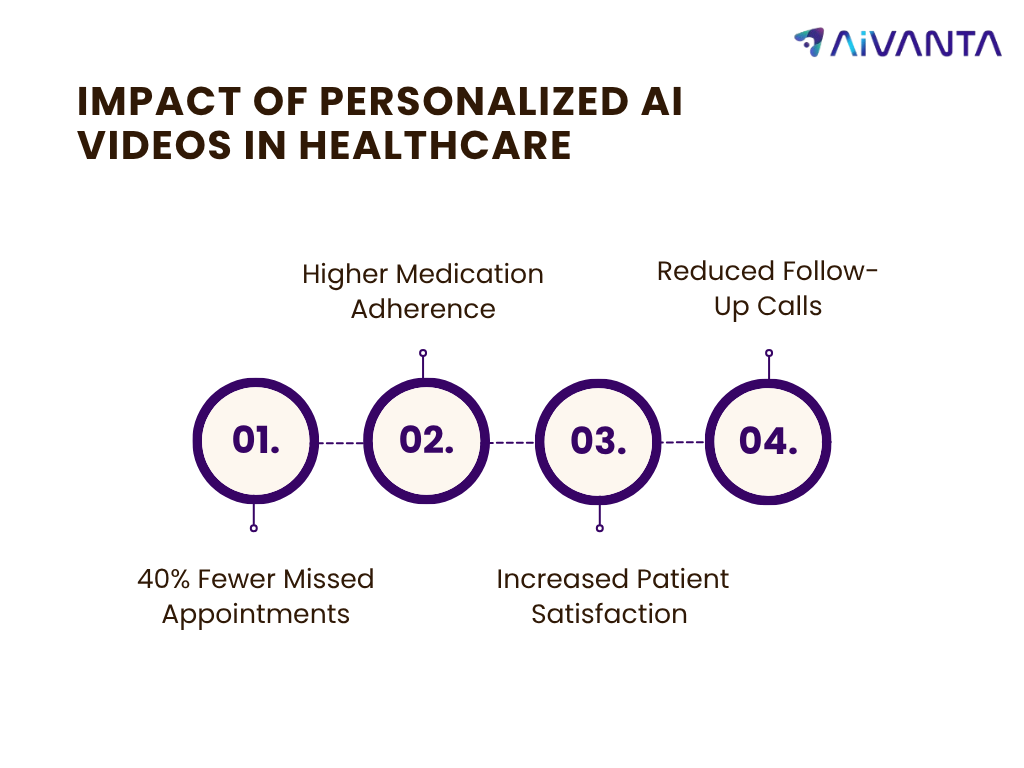
How Does an Automated Reminder System Help Healthcare Communication?
Published on 2025-08-06
The ability of healthcare providers to maintain contact with patients is highly important in the contemporary world. An automated reminder system is a digital solution sending automatic messages to patients. The messages serve as reminders in terms of when they need to visit a doctor, when they need to take a test, when they have to reorder medicine among other vital health matters.
These reminders can help to minimize missed appointments, better patient care and keep things operating efficiently. A missed appointment may not only disrupt the schedule, decrease revenue, and impact the health of the patient, but also cause inconveniences to other patients. However, an automated reminder system allows healthcare workers to remain more organized and perform a better service.
Can Automated Reminder Systems help Reduce Missed Appointments?
Text messages, emails, or even videos serve as reminders to patients so that they don't forget their appointment. Automated reminder system such as 3 days prior to, 1 day before and the actual day could be sent a sufficient number of times to enable sufficient chances of being remembered by the patient. Appointments are not the only thing reminders aid. They also remind patients about test results, follow-ups or the items they should carry during a test. This makes the patients more confident and prepared and less confused.
Although a hospital may be equipped with state of the art computers, the same is ineffective when patients do not receive effective updates. The gap is closed with automated reminders that decode healthcare data into comprehensible instructions to assist the patient.
How Does a Personalized AI Video Make Reminders Better?
Text and voice aids are appreciated, but are rather cold or mechanical. Personalized AI video that contributes to the patient remembering the information more easily and being more at ease. The name of the patient, instructions, and appointment time are used by these videos. They are excellent when the reading or comprehension of complex instructions is a problem, such as with old patients.
Patients can be walked through every step, where to come to, what to bring and how to prepare with the help of AI videos. This eliminates stress and spending time there is facilitated. When instructions are heard and viewed, they are better remembered by the people that see or hear them. It implies that they will have more chances to appear and adhere to the plan resulting in improved health effects.
Why Is Personalization Important in Healthcare Reminders?
Generic messages do not make it in the current digital world. Data-driven personalization in AI reminders uses unique data such as patient age, health status, location and preferred language in order to make messages relevant and meaningful. They are capable of determining the optimal interval to deliver messages, such as making them after work or in the early morning depending on the way the patient has been known to react. There is learning, which is improved over time.
Depending on the scenario, i.e. it is a new appointment or a follow-up or a regular check-up, the message varies in terms of tone and content. This helps every message to feel more personal and helpful. The sophisticated use of AI may trace the patient's actions and send reminder messages depending on their behavior. An example is that in case one forgets to refill a medication, a kind reminder would be sent.

What Are the Benefits of Automated Appointment Reminders?
Here are some big benefits of using automated appointment reminders in healthcare:
Helping Medical Staff - Reminder management becomes automatic and front desk and nursing personnel can devote their attention to more crucial things such as face-to-face care. They are not asked to use time in making calls or rescheduling appointments.
Giving Power to Patients - Patients are more in charge by means of reminders with explicit directions and useful video tutorials. They understand how to go on and this keeps them on track concerning their health.
Saving Money - Any decrease in no-shows (considering the example of 20-30%) can help to save much money, particularly in such departments as radiology or cardiology when the number of appointment slots is strictly limited and important.
How Does Multilingual Voiceover Make Healthcare More Inclusive?
Multilingual voiceover ensures that the right message is received by everyone in their preferred language. Patients feel respected and cared about when they are conversant with the language used to relay a piece of information. It assists in creating a trust relationship between the patient and the provider.
Serious problems may occur when individuals fail to comprehend instructions on medicine. Multilingual support can decrease such risks.
Why is Good Communication in Healthcare Important?
Effective communication in healthcare puts patients in a calm state of readiness knowing that they are informed. It allows one to lessen errors as well and enhance care outcomes. Patients will have less to worry about when they are informed. It can be a mere reminder or checking up to make them feel not so awkward. The individuals who have chronic history such as diabetes or high blood pressure should be followed up. Memorization assists in keeping them alert and not in hospital.
How Do AI Tools Work With Healthcare Systems?
Automated reminder systems are themselves even more influential through its connection to the Electronic Health Records (EHRs). This makes possible the sending of reminders according to real-time patient data. Patients are reminded at every stage of the booking, treatment and follow-up process. This assists in the smooth running of everything. All reminders are recorded and stored. This assists clinics in adherence to privacy regulations such as HIPAA and GDPR, and with the history of communication.
How Do Video and AI Improve Patient Communication?
Videos grab attention and are easier to remember. When AI is added, these videos can get smarter over time, learning what works best. Studies show that patients who get video reminders are twice as likely to show up and 50% more likely to follow instructions. AI tracks what types of messages get the best results, and adjusts future reminders to keep improving.
Real-World Results From Automated Reminders
Healthcare groups that use reminder systems see great results:

1. Case Study - After using multilingual video reminders, a group of city clinics saw a 50% rise in appointment attendance and a 25% drop in phone calls.
2. Case Study - A lab network used AI reminders and reduced missed visits by 45% in just 3 months, which helped them make more money and serve more people.
3. Case Study - Using personalized reminders for vaccinations helped increase on-time shots by 35%, helping the hospital meet public health goals.
How To Start Using Automated Reminders
Here are some simple steps to begin:
- Find the main communication problems
- Add a personalized video to explain things clearly
- Set reminder rules based on your system
- Track how reminders are doing and improve with AI
Pick from a wide selection of reminder types that work well in many clinics. AiVANTA’s AI analyzes the results and provides tips to help you achieve better patient responses.
Conclusion
An automated reminder system isn’t just a nice-to-have anymore, it’s a must-have for today’s healthcare providers. Fewer missed appointments, stronger patient connections and clear, personal communication every time.
Want to improve your healthcare communication? Request a demo with AiVANTA and discover how smart reminders can improve your practice.